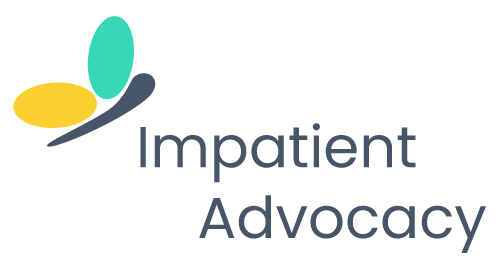Overview
What’s the gold-standard diagnostic tool?
What is endoscopy and why is it the gold standard diagnostic tool for bowel cancer?
What is an Endoscopy/Colonoscopy?
Endoscopy is a medical procedure that involves the use of an endoscope—a long, flexible tube equipped with a light and camera— being used to visually inspect the inside of the body. A colonoscopy is an endoscopy of the cavity of the large intestine and the rectum, also known as the Colon. The word endoscopy may also be used to refer to an upper GI (gastrointestinal) endoscopy, where the cavity of the esophagus, stomach and duodenum are "scoped".
What's involved?
Over the course of several hours you'll ingest lots of water and laxatives in order to completely clean the large intestine so that it's ready for inspection. You then present to hospital, are sedated in an operating theatre and an endoscopist or surgeon will use an endoscope to check the length of your large intestine for anything unusual. The procedure for an upper GI endoscopy is fairly similar, but generally only requires that you fast from food and water for a period prior to going for the procedure.
Why is it the gold standard
It takes any guesswork out of the equation. Your healthcare professional can directly see everything they need to, so they can establish whether you have bowel cancer or even the earliest pre-cancer signs known as polyps. Anything suspicious can be biopsied or sampled and sent for further testing.
Endoscopy is also very safe. Just like any procedure, there are risks involved (refer to the next resource), but they pale in comparison to more invasive surgical procedures or the risk of false negatives (missing your bowel cancer diagnosis) from something like a faecal test.
